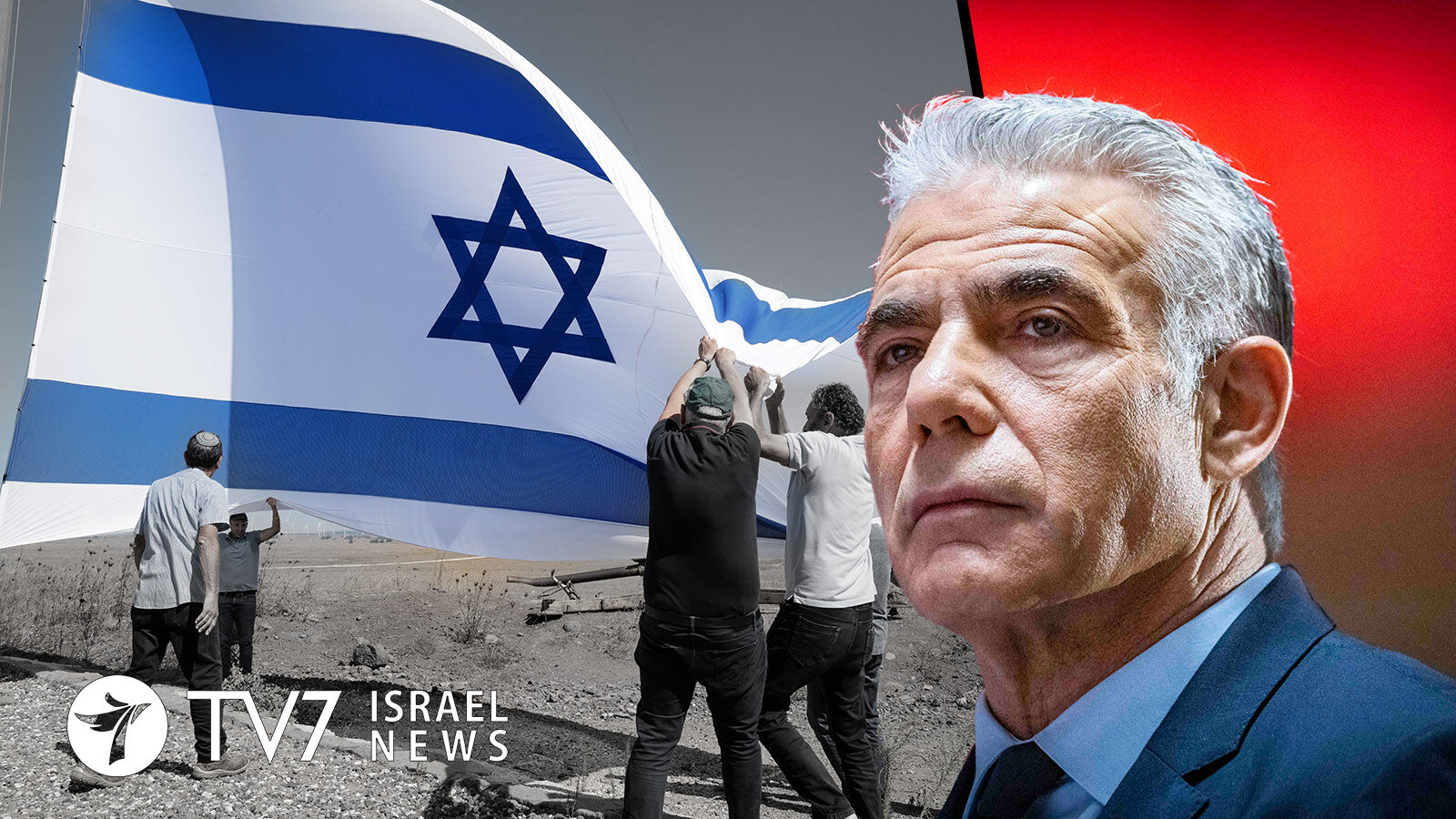A state ceremony was held at the Mount Herzl National Cemetery in Jerusalem.
By Erin Viner
The Yom Kippur War broke out 6 October when the Jewish State came under surprise attack on the holiest day in Judaism in a coordinated assault in the south by Egypt and north by Syria, with participation of expeditionary forces from Jordan, Iraq, Saudi Arabia, Libya, Tunisia, Algeria, Morocco and Cuba.
The conflict, referred to abroad as the “1973 Arab–Israeli War” and in the Arab world as the “Ramadan” or “October War,” occurred at the height of the Cold War. The Arab armies were supported by the Soviet Union while the United States backed Israel. After the failure of an earlier United Nations–brokered ceasefire, a lasting truce was established on 25 October.
The IDF suffered between 2,521 to 2,800 fatalities and 7,250–8,800 injured troops. There is documentary evidence that Israeli soldiers captured by enemy forces endured severe torture and were often murdered in violation of the Geneva Convention.
Even though the Arab combatants did not release official data, they sustained an estimated overall casualty rate ranging between 8,000 to 18,500 killed ,and 18,000–35,000 wounded.
“We must be prepared for any external threat, and we must prepare together,” Israeli Prime Minister Yair Lapid said on the 49th anniversary of the war, urging, “If we allow ourselves to be divided in times of relative quiet, we will not know how to stand together in times of war.”
Prime Minister Lapid underscored the, “Our enemies need to know that Israeli society is stronger than any disagreement, that Israel’s power is the power of unity, that in life or in death, nobody will succeed in dividing us.”
Referring to obligations incumbent on the holy day, Lapid said, “The soul-searching that every Jew does on Yom Kippur, our leaders must do even more. We must make sure that our eyes are open for any danger, that we are not beholden to concepts that endanger us, that we neither ignore opportunities for peace nor ignore warnings of war.”
“We are allowed – it is even desirable – to debate what is the right strategy for the State of Israel, how we can prevent the next war. However, we cannot forget that our enemies have never given up their ambition to destroy us. Every hour that passes, we must be smarter and stronger. Above all, we must remember that we are here together, one Israeli family.
Out of the great pain of our fallen soldiers, we must flourish as one country. The fallen of the Yom Kippur War did not fall so that Israeli society would break apart from within. The best way to remember them is to remember the objective for which they sacrificed their lives: A strong, democratic Jewish state that leaves nobody behind.
If we know how to die for one another, we should also know how to live for one another. If we know how to fight the enemy together, we should also know to fight together for the common good,” said the Israeli leader.
Lapid’s call for Israeli unity come just ahead of the 1 November national elections. The country has endured four inconclusive elections since 2019 with only two short-lived coalition governments, and passage of just one state budget after a three-and-a-half year stalemate.
Photo: Amos Ben-Gershom (GPO)
